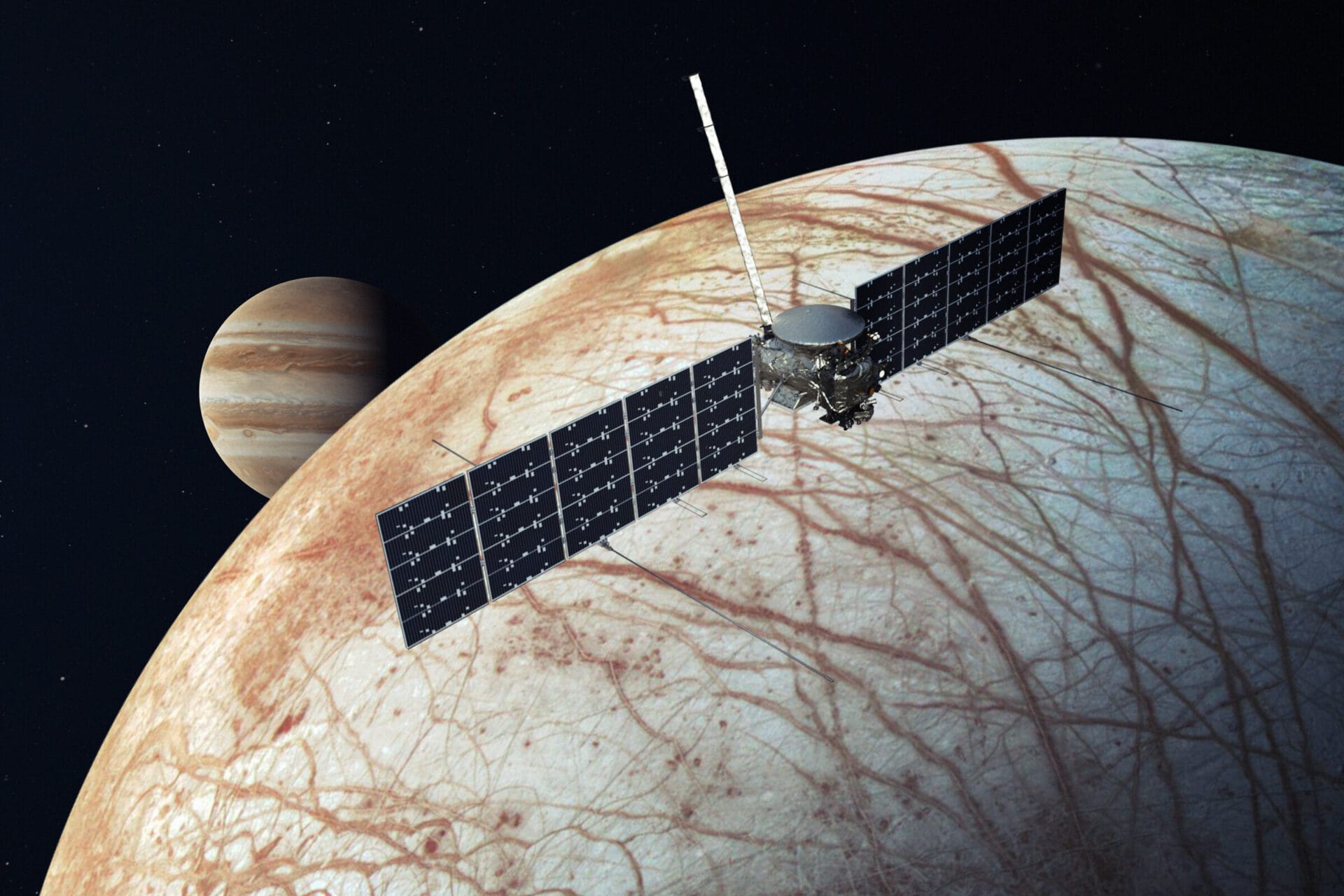NASA is nearly ready to launch the eagerly awaited Europa Clipper mission, which was pushed back because of Hurricane Milton. The new launch date is October 14, 2024, at 12:06 p.m. EDT, and it will use a SpaceX Falcon Heavy rocket. The mission’s main goal is to investigate Jupiter’s moon, Europa, and its ability to support life by examining if the ocean beneath its thick ice shell might have conditions suitable for living organisms.
Mission Overview
The Europa Clipper is the largest spacecraft that NASA has designed for planetary exploration. It will embark on an incredible journey of 1.8 billion miles over the course of six years, aiming to reach Jupiter in April 2030. Once it arrives in orbit, the spacecraft will perform 49 flybys of Europa, employing a set of nine sophisticated instruments to collect data about the moon’s icy exterior, subsurface ocean, and any potential signs of organic material.
Advanced Instruments
Among the key instruments on board, the MISE (Mapping Imaging Spectrometer for Europa) will focus on analyzing salts, ices, and organic compounds. Meanwhile, the E-THEMIS (Europa Thermal Emission Imaging System) will search for hot spots on the surface where plumes of ocean material could rise. This is just one of many steps to determine if Europa can indeed support life.
NASA will stream live coverage of the prelaunch briefings and the actual launch on NASA+, starting from October 13. Additionally, the launch will be available in Spanish.
Scientific Significance
This mission could reveal vital information about Europa’s environment, especially its immense subsurface ocean, which scientists think holds twice the volume of Earth’s oceans. This ocean, which is concealed under an ice layer that might be up to 15 miles thick, will be examined for potential hydrothermal activity, similar to what is found in Earth’s deep-sea vents. Understanding these factors will not only enhance our knowledge of the moon’s ability to harbor life but will also lay the groundwork for future missions, potentially including landers or probes aimed at directly sampling Europa’s ocean.


Leave a Reply